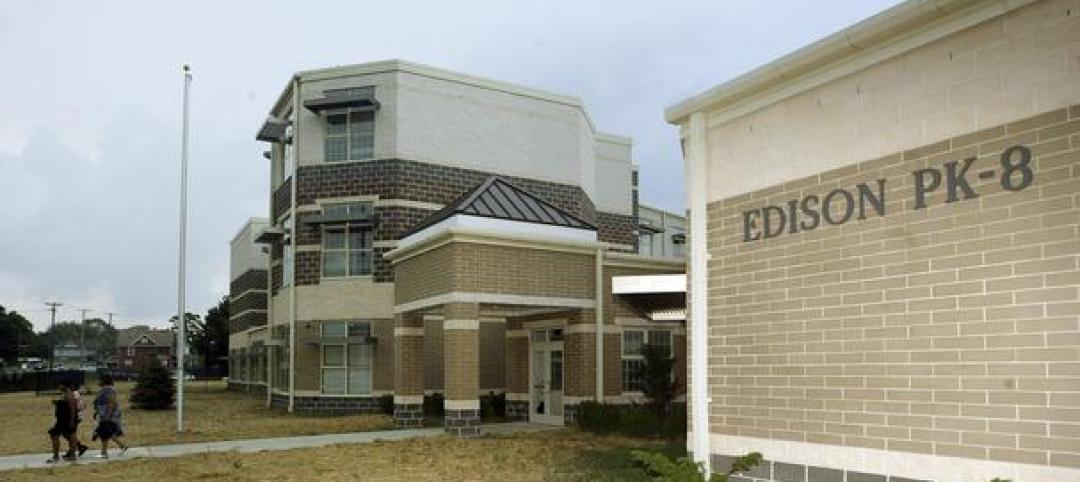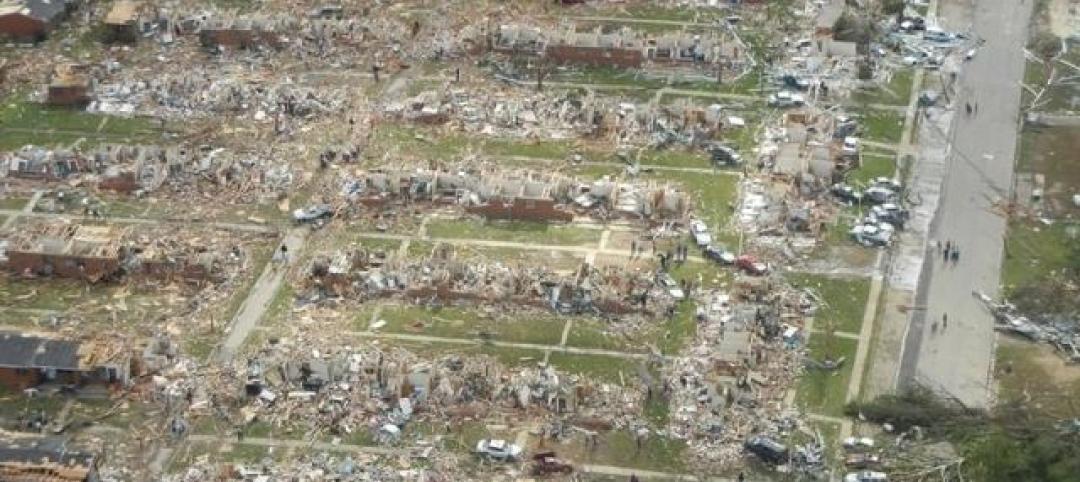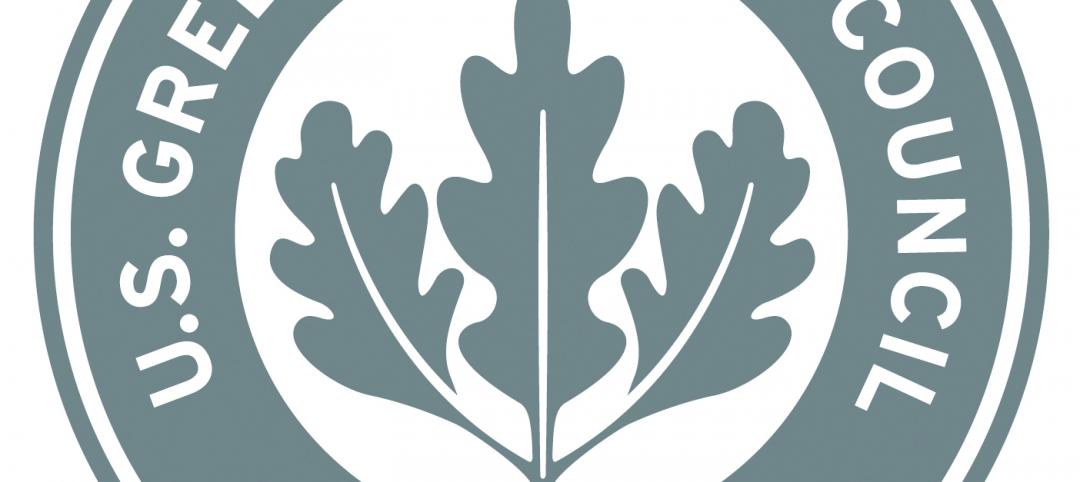The Brookings Institution launched a new guide to help local leaders assess their innovation districts.
“Assessing your innovation district: A how-to guide,” provides a framework to audit the assets that comprise local innovation ecosystems. The document is designed to aid in targeting resources toward innovative and inclusive economic development based on an area’s unique strengths and challenges.
The framework is centered on a set of key questions:
1. Critical mass: Where are the region’s highest concentrations of innovation assets?
2. Innovation capacity: Is the district leveraging and aligning its distinctive advantages to grow and strengthen firms’ innovation capacity?
3. Diversity and inclusion: Does the district have an inclusive, diverse, and opportunity-rich environment?
4. Quality of place: Does the district have physical and social assets that attract a diversity of firms and people, increase interactions, and accelerate innovation outcomes?
5. Leadership: Does the district have the leadership necessary to succeed?
The guide provides sample methods and data that can be used to answer these questions. It also includes advice on the indicators that innovation district stakeholders can track to gauge their district’s success, along with suggestions for how additional measures could be used to further fuel district growth and development.
Related Stories
| Dec 15, 2011
Dayton, Ohio schools saving $2.6 million annually by building to LEED
On average, green schools save about $100,000 a year on operating costs, including energy and water savings.
| Dec 15, 2011
Building to LEED standards can pose new risks for construction workers
Workers on these projects suffer a 24% increase in falls to lower levels during roof work, which researchers attributed to the installation of solar panels, and a few other risks.
| Dec 15, 2011
NRDC charges Maine governor with weakening green wood requirement
The FSC program is administered through the Leadership in Energy and Environmental Design (LEED) and requires wood to be harvested in a sustainable way.
| Dec 15, 2011
Post-tornado, Tuscaloosa seeks to create walkable urban, retail areas
Block sizes initially were limited to a maximum perimeter of 1,750 feet, with no side of the block being longer than 500 feet.
| Dec 15, 2011
Allentown, Pa. city council asked to repeal union-friendly law
The mayor of Allentown, Pa. asked the City Council to repeal a year-old ordinance that forces contractors to hire union workers for large city projects funded with state and federal dollars.
| Dec 13, 2011
LEED-EB outpaces LEED for new construction
The U.S. Green Building Council's (USGBC's) LEED certifications for existing buildings standard is outpacing LEED for new buildings for the first time.
| Dec 13, 2011
Regulators charge pervasive abuse of construction workers in Connecticut
Federal and state regulators say they have uncovered what they call "widespread noncompliance" with minimum wage and overtime laws in Connecticut's construction industry.
| Dec 13, 2011
Philadelphia mayor signs order for project labor agreements
Philadelphia Mayor Michael Nutter signed an executive order establishing project labor agreements for major public works projects in Philadelphia.
| Dec 13, 2011
Improved code requirements for attic ventilation
The Roof Assembly Ventilation Coalition (RAVC) participated in the development of the code.
| Dec 12, 2011
LEED-EB Outpaces LEED for New Construction
The U.S. Green Building Council’s (USGBC’s) LEED certifications for existing buildings standard is outpacing LEED for new buildings for the first time.















